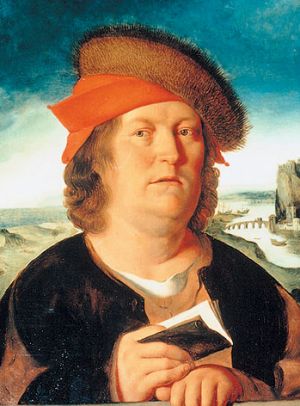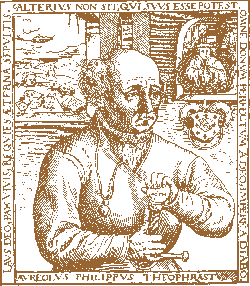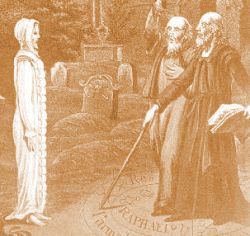


|
SERVICES | PAYMENT | COURSES | BOOKS | CONTACT | SEARCH |

|

|
| Christopher Warnock, Esq. |
| HOME |

|
| Paracelsus |

|
|
|
|

|
Know that there are two kinds of stars-the heavenly and the earthly, the stars of folly and the stars of wisdom. And just as there are two worlds, a Little World [the Microcosm, man] and a Great World [the Macrocosm, the Universe] and just as the little one rules over the great one, so the stars of the microcosm rule over and govern the Stars of heaven.Paracelsus (Jolande Jacobi, ed.) page 152. Astrology is also important in Paracelsus' medicine. In his Archidoxes of Magic Paracelsus devotes several sections to astrological talismans for curing disease, providing talismans for various maladies as well as talismans for each sign of the Zodiac. I provide examples of astrological elections for Paracelsus' talisman of Libra.

|
|
Christ and his apostles prophesy the seasons of the nations, but the astronomer [astrologer] states the seasons of natural events. This is a mighty difference; take note of it and understand of it aright, ye scientists and theologians! For what God prophecies takes place and nothing can prevent it from coming to be. But what the astronomer predicts may or may not take place...The true knowledge of man's essence can be attained only on the basis of his eternity; it cannot be understood by any other sign.Paracelsus (Jolande Jacobi, ed.) page 154.
